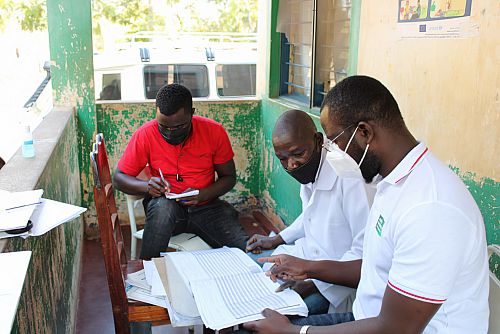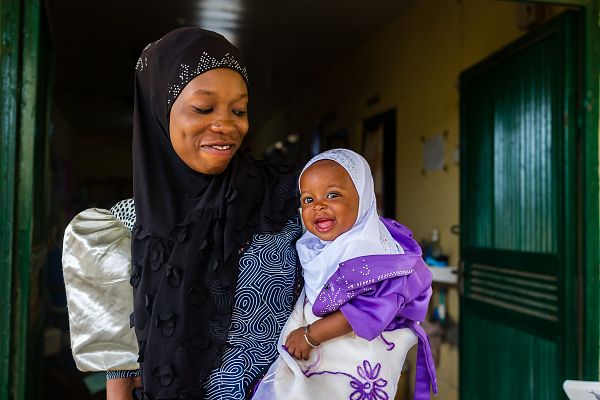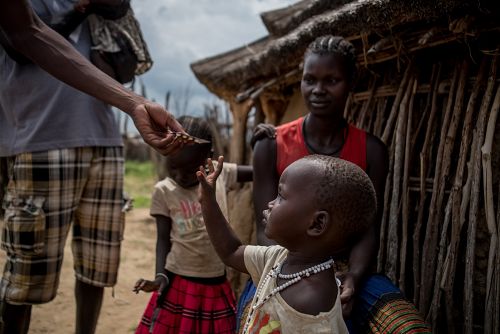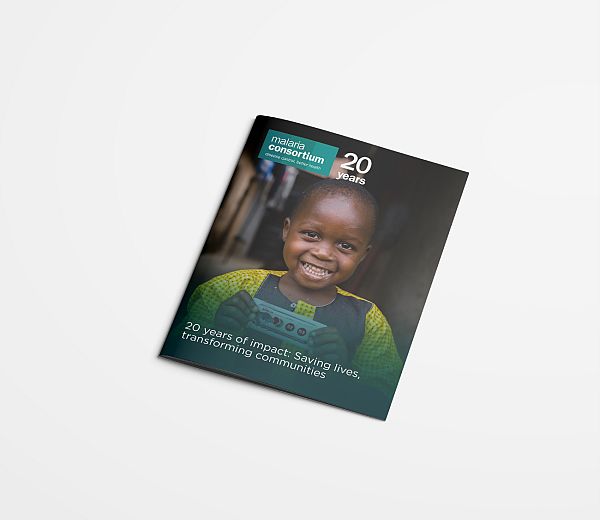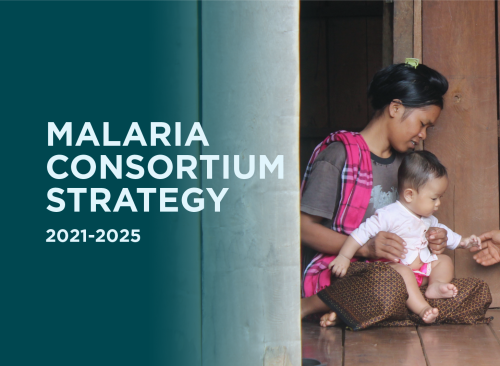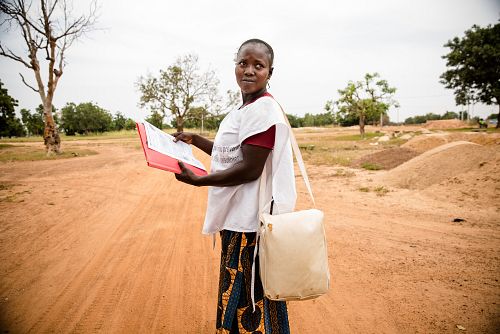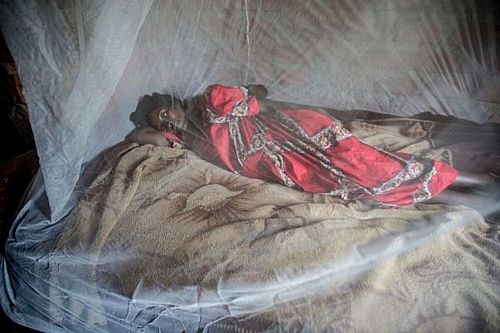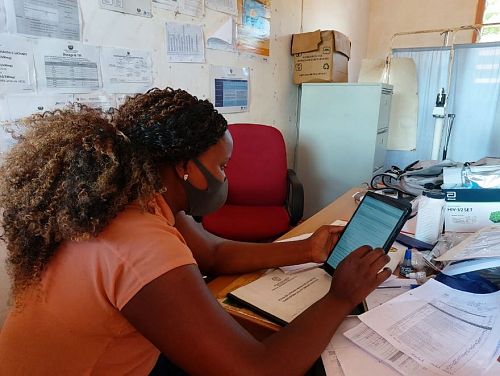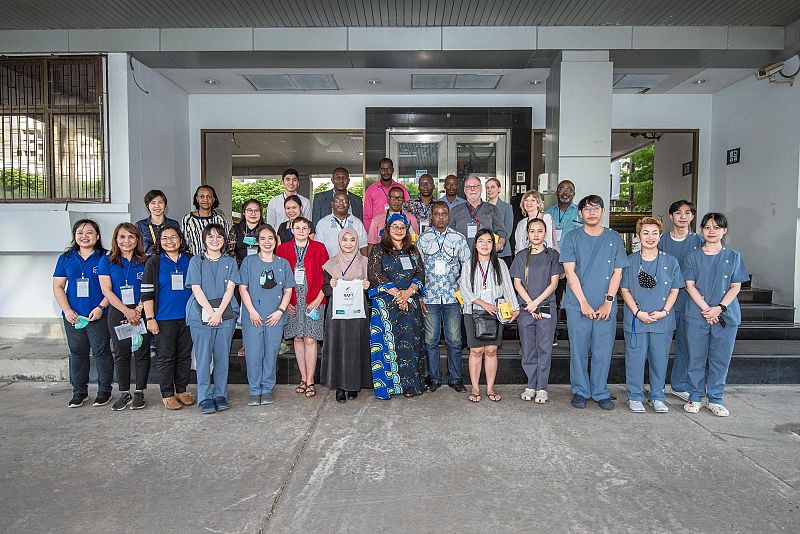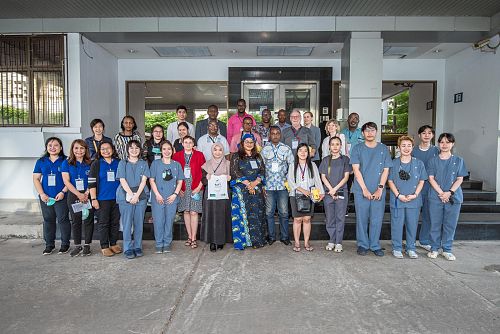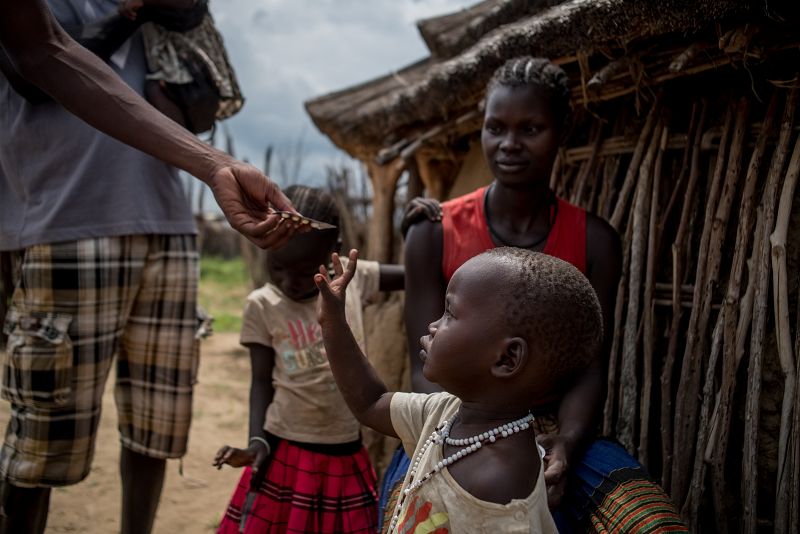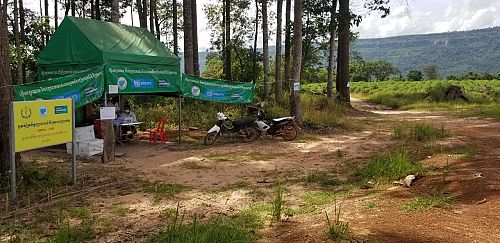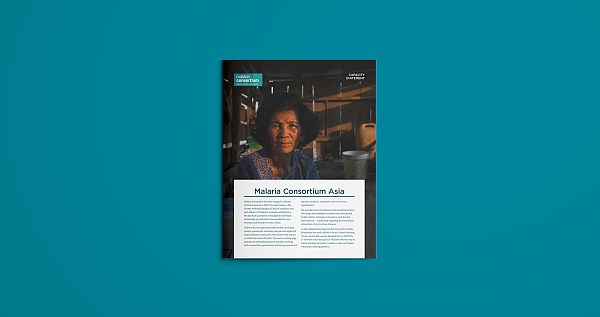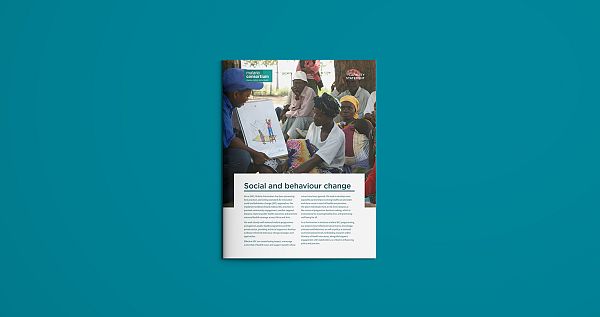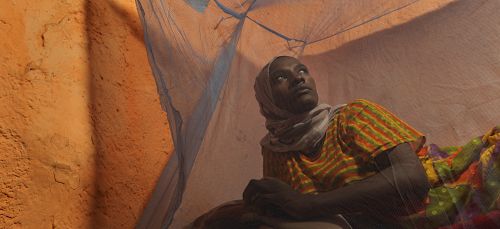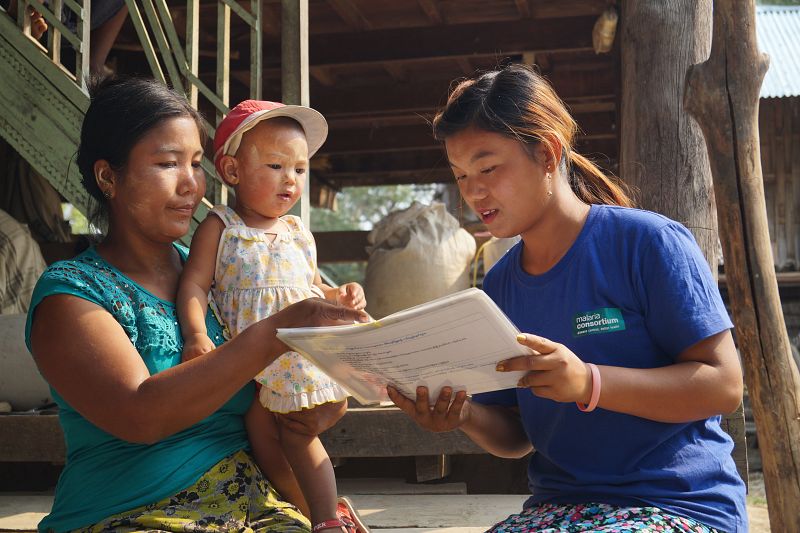Thailand
Malaria Consortium opened an office in Thailand in March 2008 to function as the regional headquarters for the Asia region at that time. It is a strategic location within the Greater Mekong Subregion, being a regional trade, diplomatic and transport hub, with many NGO’s and multilateral organisations based in Bangkok, therefore ideally located to provide technical and other support to our country offices in Cambodia and Myanmar.
Malaria Consortium in Thailand
Malaria Consortium is firmly embedded within the Greater Mekong Subregion (Vietnam, Cambodia, Thailand, Laos, Myanmar, and Yunnan Region of China), which has many shared public health challenges including dengue and other arboviruses, as well as a shared vision of malaria elimination by 2030. The region also has many shared economic, security, social and cultural links. These shared values and interests make it important to consider project and other interventions from a regional cross-boundary perspective, and our Thailand office strives to facilitate such regional opportunities and approaches. Through our strong links with the Asia-Pacific Malaria Elimination Network (APMEN) and the Asia-Pacific Leaders Malaria Alliance (APLMA), the Thailand office also implements several activities that straddle the entire Asia-Pacific region, including vector control training in various formats.
Based in Bangkok, our Thailand office has a strategic partnership with the Faculty of Tropical Medicine of Mahidol University, with which we recently entered into a new ten-year Memorandum of Understanding. Malaria Consortium has offices on campus at Mahidol University, and provides support for the development of medical entomology skills by way of annual Dr Sylvia Meek Scholarships for competitively-selected Masters-level candidates. Malaria Consortium also has close links with the Department of Entomology at Kasetsart University, to develop and present training courses in malaria vector surveillance.
In addition to reaching out and collaborating with Ministries of Health in several countries of the GMS, Malaria Consortium also hosts the APMEN Vector Control Working Group which serves the vector control community in Asia Pacific, and provides support for National Malaria Control programmes in all 21 Member Countries of APMEN.
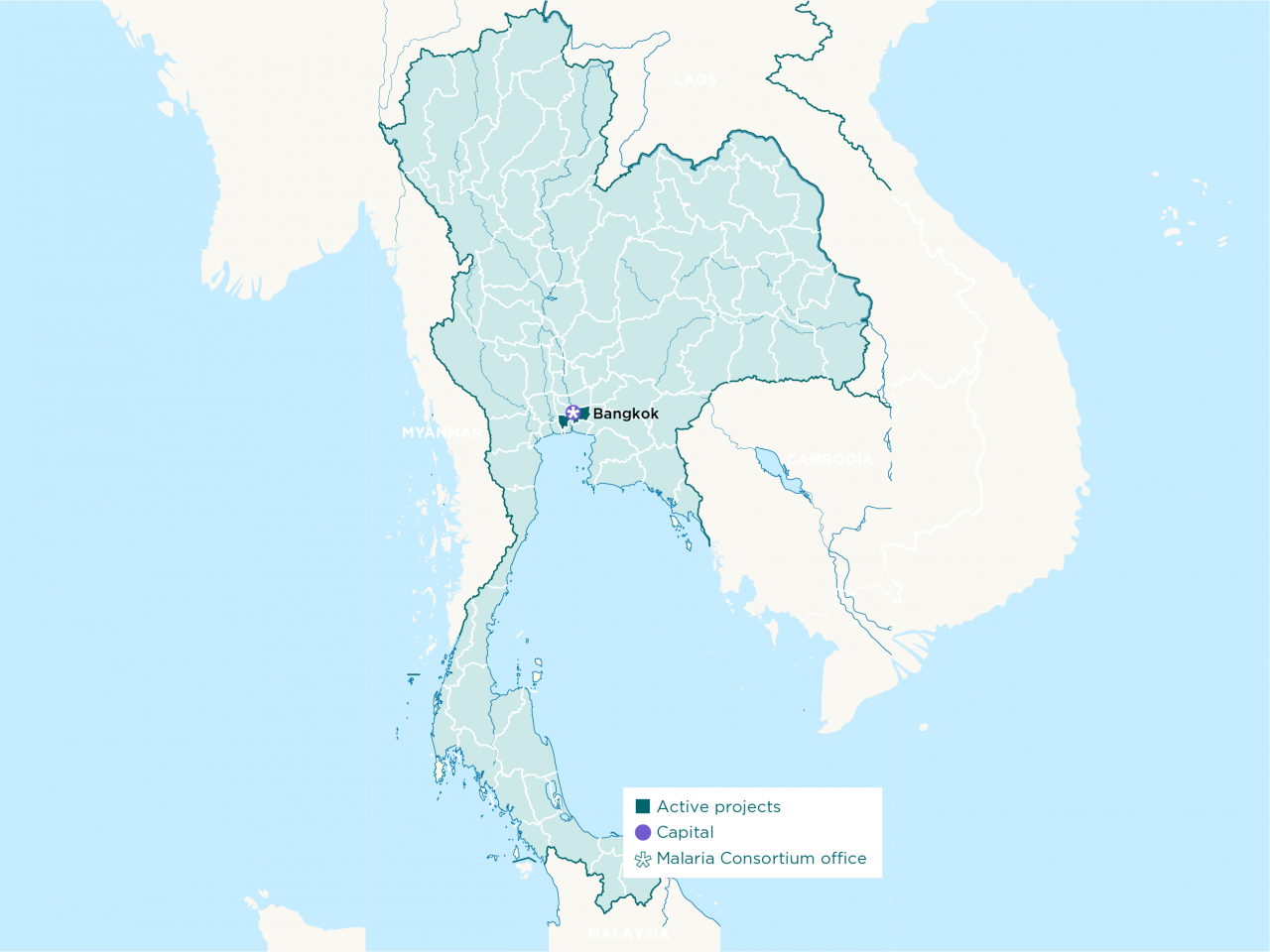
Areas of focus
While historically our Thailand office has provided interventions and support in a wide range of disciplines and thematic areas, including vector control, surveillance, community engagement, as well as implementation and operational research, our current support focuses largely on capacity building in vector control and surveillance, arbovirus control, regional support for malaria elimination interventions, and advocacy. Below are some of the specific activities we are currently engaged in or recently completed.
